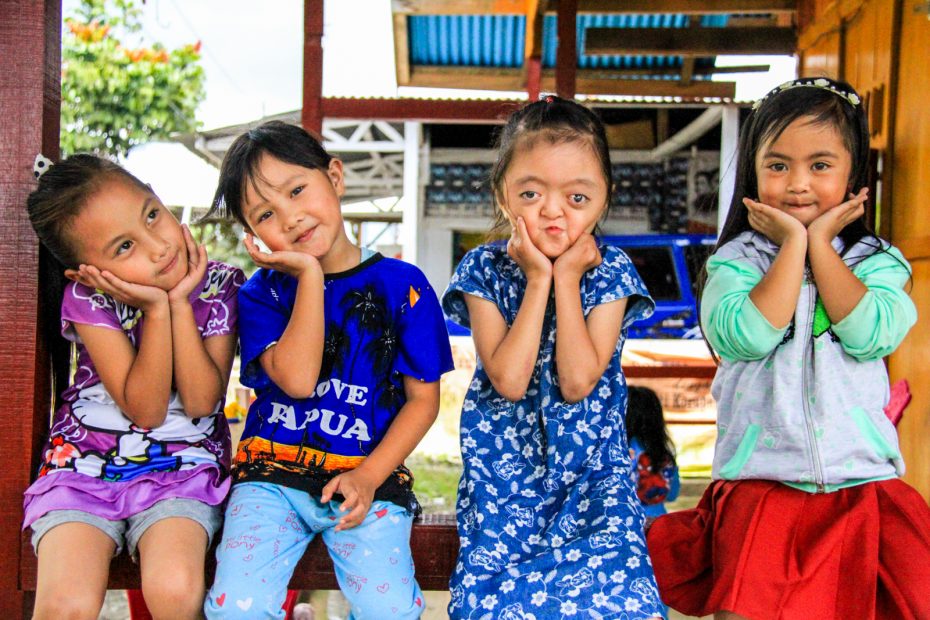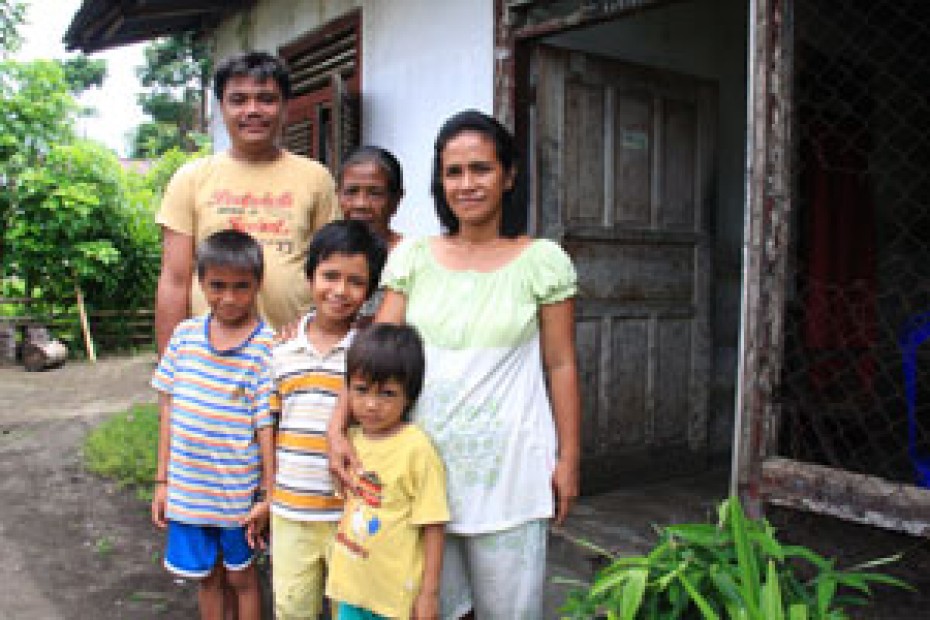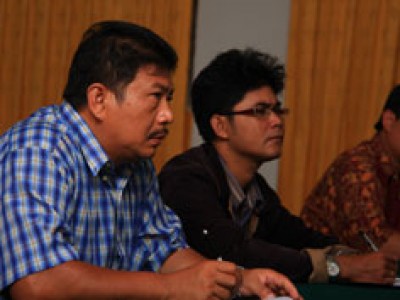I Am Beautiful Like My Mother

Karunia is one of kind in her village. She’s not one of kind because she was the first in the village to be born with Apert syndrome. And she’s not one of kind because she looks different than other little girls her age. She’s one of a kind because she and her family, without even knowing it, are teaching their community about acceptance and true beauty.
Continue Reading ›An Indonesian Idol

Knowing Nyopon’s dream to become a singer, Mustika, one of the staff members at the child development center, offered him the opportunity to join the “Idola Cilik” contest. Idola Cilik is a national children’s singing contest inspired by “American Idol.”
Continue Reading ›
How Valuable Is a Little Encouragement in a Person’s Life?
Now a successful man who owns a large egg-selling business, Wolly Towoliu was once known as a little boy who had a very bad attitude. Wolly liked to hit his friends, sometimes even with stones. His mother once even said, “It would be better if you just went to the forest. I can’t stand any more of your attitude.”
Pengucapan: Indonesian Thanksgiving
Every year from June until September, the people in Minahasa, North Sulawesi, Indonesia, have celebrated a traditional thanksgiving holiday from generation to generation, called Pengucapan. It is the way the people of Minahasa express their gratitude to God for the blessings of the previous year.
The Pengucapan tradition started when the people in this remote area of Indonesia still worshiped gods. They expressed their gratitude to the ultimate god or the highest god, known as opo wanatas empung walian empung rengan-rengan.
After the harvest, Minahasa people held a kuman kan weru ceremony to eat their harvest for the first time and express their gratitude though song and praise to their gods for fertility, good weather, harvest and health. They would bring their crops as an offering to their gods.
Christianity came to Minahasa in the 1800s, and Minahasa now has one of the highest rates of Christianity in all of Indonesia.
Pastor Philep, who works with a Compassion child development center in Wiaulapi, explained that after Christianity’s arrival, the Church rejected all forms of worshiping gods as part of animism. But the Church at that time saw the expression of gratitude that Minahasa people had in this tradition and allowed them to continue it through churches.
With the presence of the Church, the form of kuman kan weru changed. (more…)


